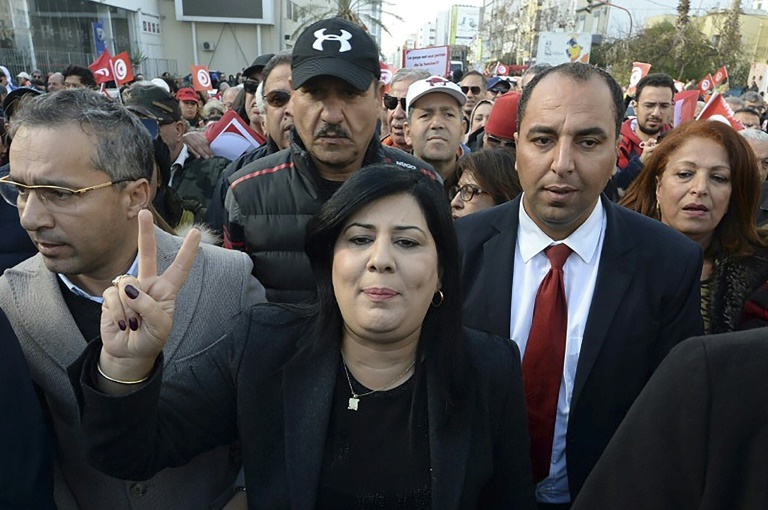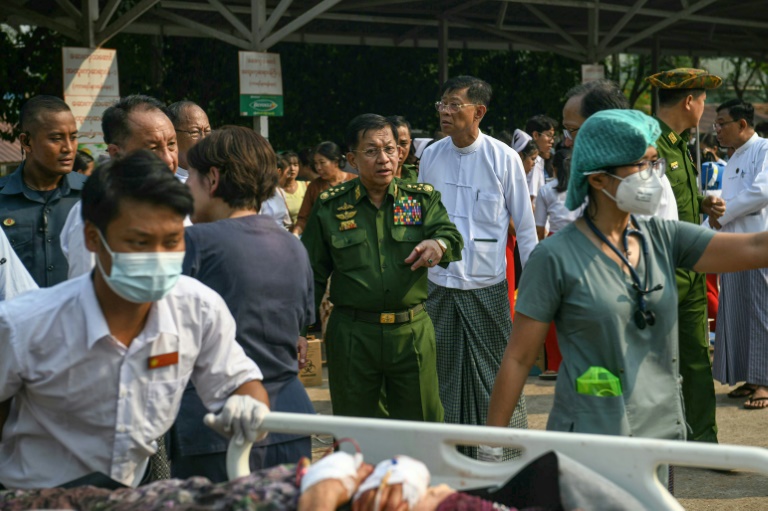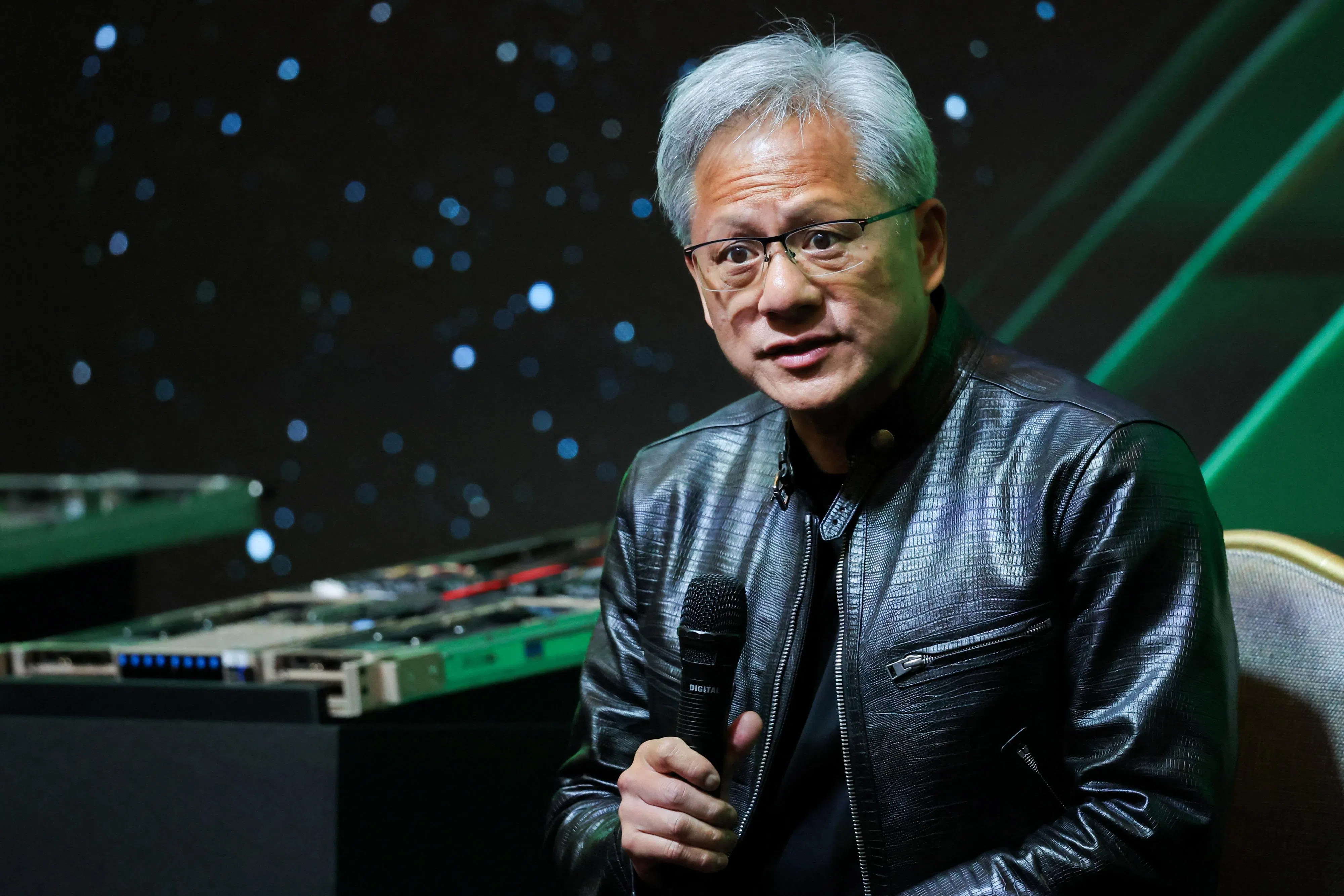A key Tunisian opposition figure and potential candidate for the upcoming presidential election jailed since October was sentenced to two years in prison late Monday night, according to local media.
Abir Moussi, 49, head of the Free Destourian Party and a former parliament member, had submitted her candidacy on Saturday via her lawyers, two days before her sentence, which local radio Mosaique FM reported.
Moussi is a staunch critic of the incumbent Tunisian President Kais Saied and has been sentenced under Decree 54, a law enacted by Saied in 2022 to combat “false news”.
The High Independent Authority for Elections (ISIE) filed complaints against Moussi in February after she made public statements criticising ISIE as the country readies for its presidential election.
On Monday morning, Saied submitted his official candidacy for the election set to take place on October 6, while key candidates were being barred from challenging the incumbent president — including by prosecution and imprisonment.
Upon registering his candidacy, Saied, 66, told reporters in the capital Tunis that his candidacy was part of “a war of liberation and self-determination” aiming to “establish a new republic”.
That was shortly before three key presidential hopefuls said authorities had rejected their requests to access their criminal records — a requirement for candidates to register for the election — and Moussi’s prison term.
Moussi, 49, a renowned politician and former lawmaker, was arrested on October 3 in front of the presidential palace, where she came to file appeals against decrees issued by Saied.
If the sentencing is upheld on appeal or later proceedings, Moussi will officially be barred from running for office as one of the candidacy criteria is that hopefuls must have a clean criminal record.
She is accused of other crimes including “attacks that aim to change the form of government”, in addition to her prosecution under Decree 54.
Critics have said the law has been used to stifle political dissent as the country prepares for the election in which Saied is the frontrunner.
Over the past 18 months, more than 60 critical voices have been prosecuted under the decree, according to the National Union of Tunisian Journalists.
Several would-be candidates challenging Saied — who seized wide-ranging powers two years after his 2019 election — are either in prison or being prosecuted.
Media personality Nizar Chaari was also handed an eight-month sentence Monday night, days after three staffers on his campaign were arrested on suspicions of forging signatures.
Mondher Zenaidi said in video posted on Facebook that “the authority working under Saied’s instructions refused to give (him) the criminal record”.
The move unofficially bars him and others from joining the race, with the August 6 deadline to submit candidacies looming.
Retired admiral Kamel Akrout also said in a Facebook post that authorities were “unable to deliver (his) criminal record” because the job title on his national ID card was out of date.
“The ruling authority has decided to exclude every opposing voice” and “move towards an undemocratic system that rejects pluralism and peaceful alternation of power”, Akrout said.
Rapper-turned-businessman Karim Gharbi — better known by his stage name K2Rhym — posted a video on Facebook in which he showed a letter rejecting his request to obtain the criminal record, without specifying a reason for it.
Last week, four women working on Gharbi’s presidential campaign were given jail time for allegedly buying signatures of endorsement.
To be listed on the ballot, candidates are required to present a list of signatures from 10,000 registered voters, with at least 500 voter signatures per constituency.
Saied said he collected over 240,000 signatures.
Facing repression allegations, Saied on Monday denied that his government was mistreating critical voices, saying that “whoever talks about restrictions is delusional”.
“I did not oppress anyone, and the law applies to everyone equally,” he said. “I am here as a citizen to run for office.”
“We will not accept any foreign party interfering in the choices of our people,” he added.
Other jailed would-be candidates include Issam Chebbi, leader of the centrist Al Joumhouri party, and Ghazi Chaouchi, head of the social-democratic party Democratic Current, both held for “plotting against the state”.
The two politicians are among the more than 20 Saied opponents detained since a flurry of arrests began in February 2023.
A group of around 30 NGOs denounced last week the candidates’ “arbitrary detention”, an electoral authority which has “lost its independence” and “the monopolisation of the public space” to bolster Saied’s re-election bid.
Last month, Amnesty International Secretary General Agnes Callamard said that since Saied’s power grab, “violations that we thought part of Tunisia’s past are becoming more and more discernible and systematic”.
“Instead of the vibrant debates of a pluralist political scene, I observed government repression, fuelling fear and dread about what’s to come.”
Saied on Monday said “we are in a war of liberation and we don’t want to restrict anyone’s freedoms… I did not interfere with the judiciary.”







